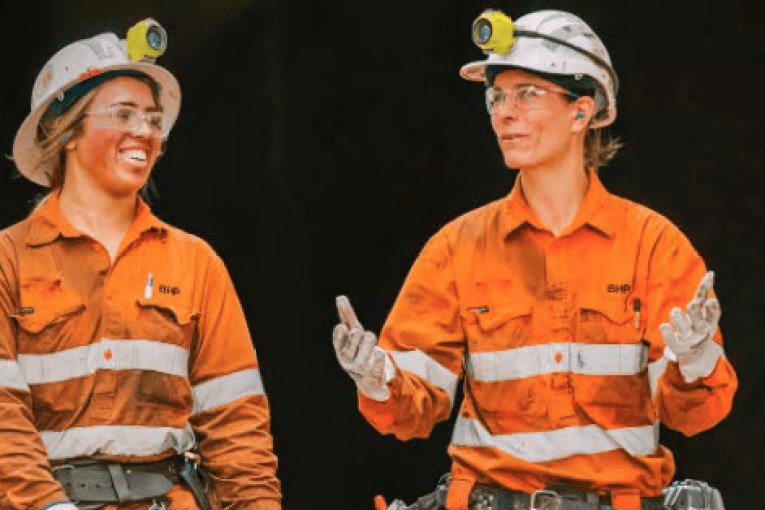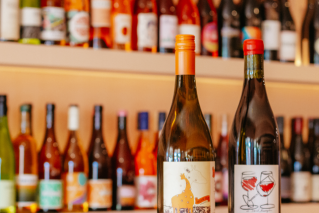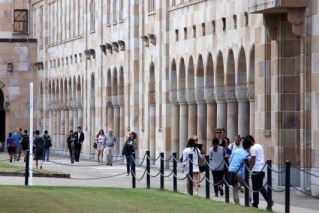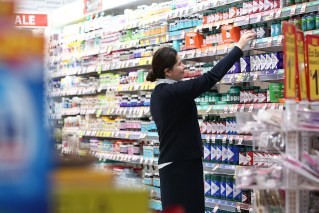You have to spend money to save money: Green investments paying off
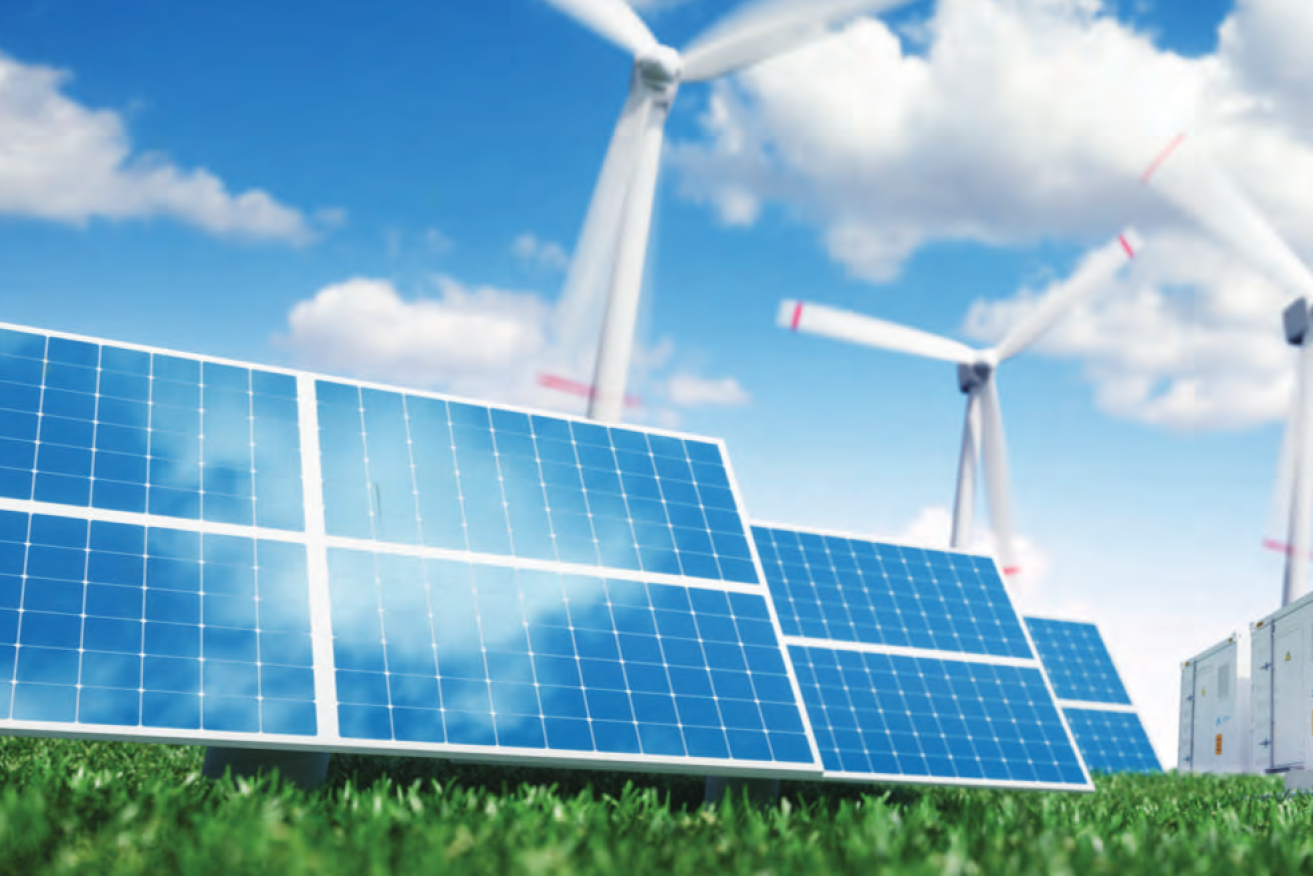
Queensland Investment Corporation is investing heavily in sustainable infrastructure. (Image: QIC)
For one of Australia’s largest and oldest family-owned wineries, the Tahbilk Group, taking on a loan to transition to renewable energy is already paying off.
The group borrowed $650,000 in 2021 to install solar panels across three of its sites, and says the savings are already significant.
“Financially, it was something that’s going to help save us money in the long term, but it’s also doing a great thing by reducing the amount of carbon emitted,” Lachie Thomas from the Tahbilk Group said.
Thomas said energy bills are already down almost $80,000 in 12 months and the winery is on track to capture more carbon than it emits.
On top of the switch to renewables, the group has revegetated two of its five sites, and uses sheep for lawnmowers at the Tahbilk winery.
Thomas said over the past five years, export partners have demanded a more sustainable product while the push from Australian consumers has been more recent.
“I think there has been a marked shift in the domestic market wanting these products more sustainable,” he said.
Everything is included when working out the group’s carbon footprint, from how much energy it takes to make the glass bottles to the power used by consumers as their wine chills in the fridge.
But for some producers a lack of definition around sustainability is creating confusion.
“I think it is a very murky world. There’s a very all-encompassing word – sustainability – it means a lot of different things to a lot of people,” Thomas said.
The winery is among a growing number of businesses going greener, with National Australia Bank research finding one in five small and medium firms are looking to improve their sustainability over the next two years.
The NAB sustainability insights special report released on Thursday interviewed 1000 business owners and 1750 consumers.
The research also found that demand for sustainable products is being driven by consumers.
Julie Rynski from NAB has worked with agribusinesses over the past five years and says there’s a big shift in the numbers taking out “green” loans.
NAB data shows a 300 per cent increase in the number of the bank’s Agri green loans approved since they were introduced in 2022.
“Consumers want to know that you are aware of the climate, you’re aware of sustainability that you’re doing proactive things,” Rynski said.
The same research also reveals one in four consumers think sustainability has become more important to them and will choose a more sustainable product, service or brand if available.
Other lenders have also seen a shift in the push to go green.
Natasha Greenwood is the general manager of agriculture at Commonwealth Bank and has farming clients across the country.
She said there has been a significant uptake in the number of producers seeking out its Agri green loans, for purposes ranging from shelterbelts on farms to renewable energy conversions.
“Many farmers do it because it’s the health of the farm, it’s the ongoing succession planning and wanting to leave the farm in great shape for future generations,” Greenwood told AAP.
She said farmers are also exploring a more sustainable future because customers are demanding it.
“If you’re currently a supplier to a Coles or a Woolworths or somebody in that supply chain, there is now an expectation that you’re able to talk to your sustainability plan or how you’re going to be transitioning through this new economy,” she said.
Commonwealth Bank figures show that since launching its agriculture green loan in late 2021 there has been a 182 per cent increase in enquiries.
According to the data, NSW leads the charge with enquiries up 340 per cent, followed by Victoria at 154 per cent.
Exporters trying to break into new markets are also having to prove their green credentials, according to Greenwood.
“If you’re on the export supply chain, and you want to be able to penetrate away from traditional markets for example, this is an expectation now in the EU market.”
